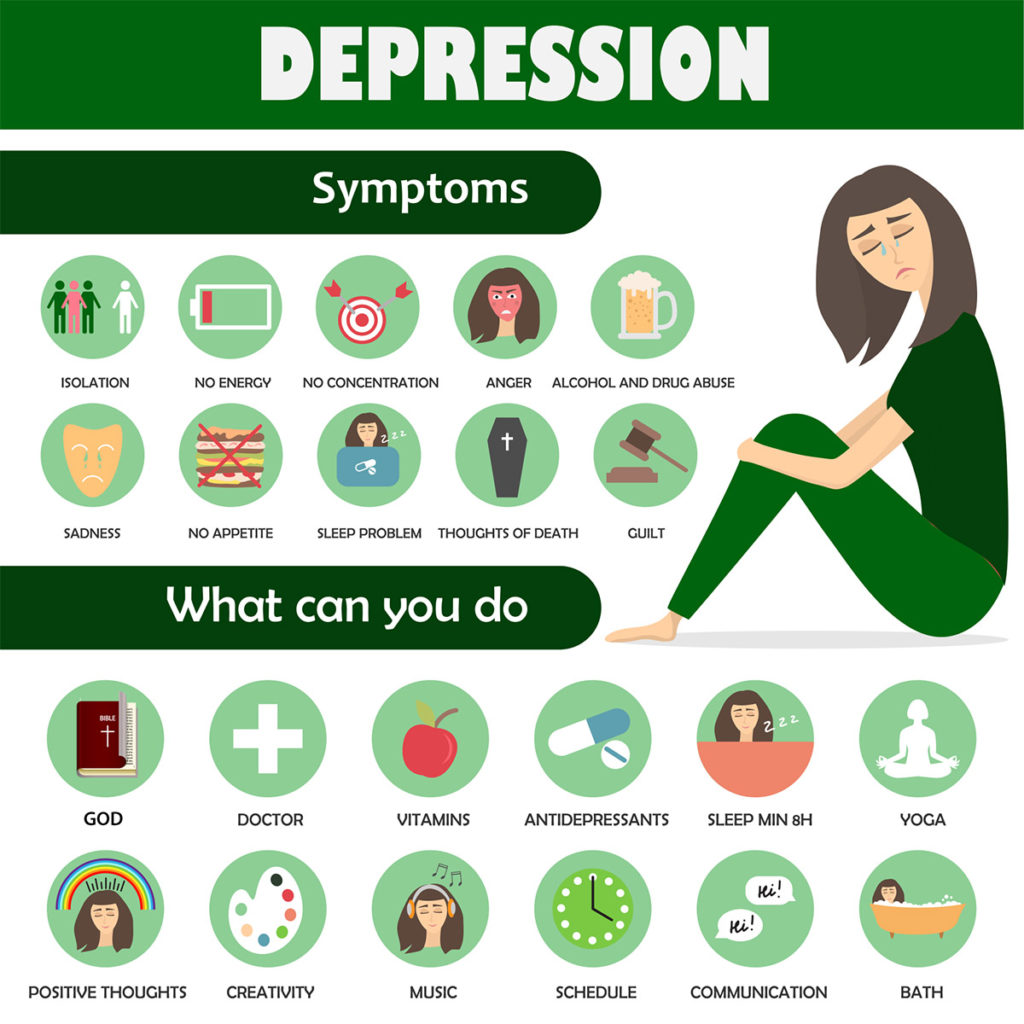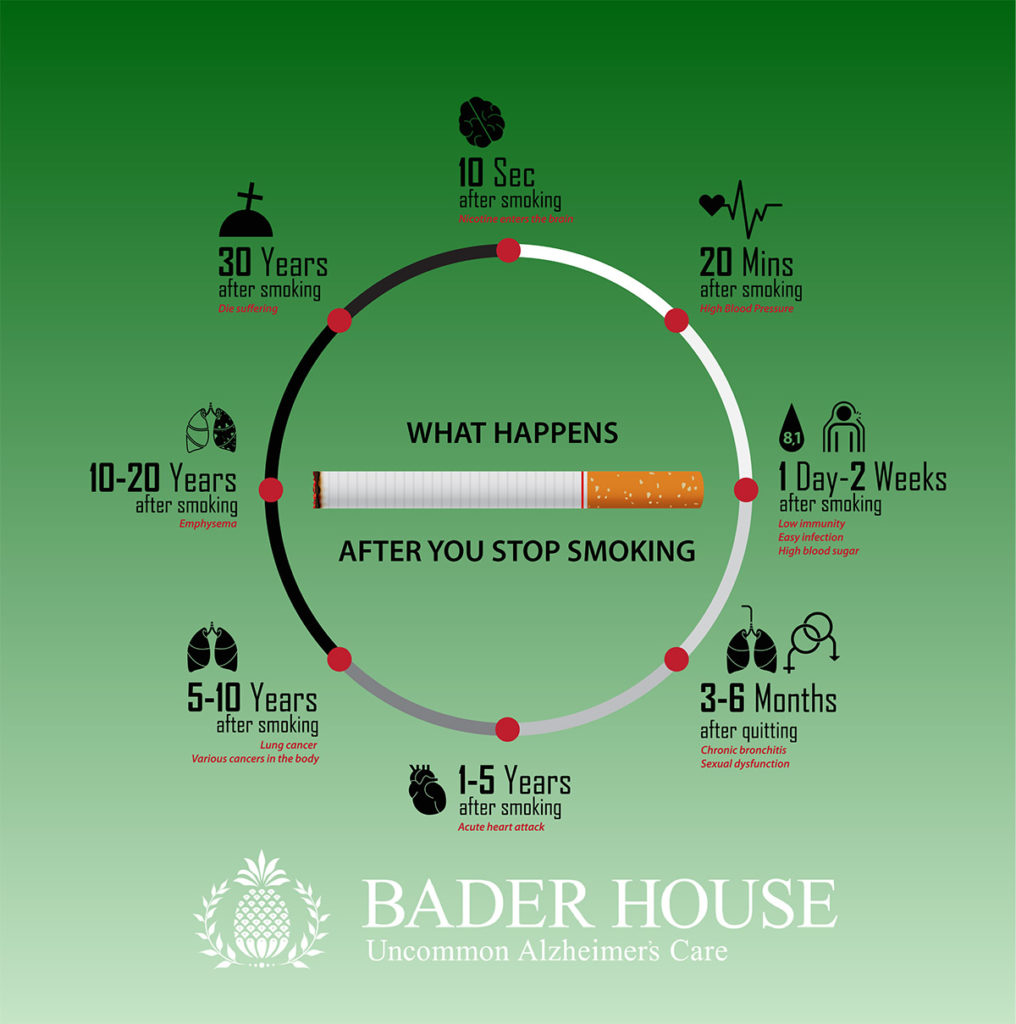How to Prevent Dementia

How to prevent dementia
Everybody wants to know the secret pill, the magical bullet, or the precise formula to prevent certain diseases. The risks of cancer, heart disease, and Alzheimer’s are well known. Perhaps you have even experienced them. Their pain and difficulty are well understood. So, naturally, we want to know how to prevent them and how our families can prevent them.
During the last few years, there has been a significant increase in research on Alzheimer’s disease and dementia prevention. In contrast to the past, researchers are now dedicating more time to studying if and how dementia can be prevented rather than simply studying the disease itself.
It has been shown that specific interventions can lower your risk of dementia or Alzheimer’s, although they haven’t discovered a magic bullet, secret pill, or formula.
What can I do to reduce my risk of dementia?
Dementia is a term that must first be understood. Rather than a disease in itself, dementia refers to a group of symptoms associated with neurodegeneration, which is the degeneration of brain cells.
There are several symptoms associated with dementia, including memory loss, difficulty reasoning, behavioral changes, and changes in thinking skills.

As we age, dementia is more likely to develop, but it is not part of aging itself.
Several conditions are associated with dementia, including Alzheimer’s disease, the most common and, therefore, the focus of most preventative research.
The National Academies of Sciences, Engineering, and Medicine (NASEM) assembled a committee in 2017 to review the most recent research and data regarding dementia and cognitive decline to determine what could be done to prevent cognitive decline, cognitive impairment, and clinical Alzheimer’s type dementia.
According to the researchers, the results are encouraging but inconclusive, suggesting that interventions could reduce dementia risks. Nevertheless, they could not identify any interventions that would guarantee dementia prevention.
Preventing dementia through interventions
Three interventions show the most promise for reducing your dementia risk, according to NASEM.
1. Engage in physical activity

Exercise has been linked to a reduced risk of dementia, which we’ve discussed before.
Exercise increases blood flow to the brain and increases brain-protecting chemicals. In addition, exercise helps boost the production of BDNF, a protein that promotes the growth of new neurons in the brain. The hippocampus, an area of the brain associated with memory, significantly benefits from this.
A weekly exercise regimen of 150 minutes of moderate aerobic activity is recommended. It can be walking, jogging, gardening, yoga – whatever you enjoy and can consistently do. The benefits of exercise do not necessarily require you to join a gym or do intensive strength training. For example, you can improve your physical and mental health by doing just a little more than what you usually do – walking to the coffee shop rather than driving – by taking the stairs rather than the elevator.
2. Exercises that enhance cognitive function

We have learned that there are exercises for cognitive training that challenge your problem-solving skills, memory, and processing speed.
However, exercises such as these do not involve computer-based brain games, which are not linked to a reduced risk of cognitive decline.
In addition, exercises of this nature are more complex and in-depth, requiring medical supervision in many cases.
3. The management of high blood pressure

It has been shown that lowering blood pressure in midlife can assist in preventing dementia later in life. However, due to restricted blood flow to the brain, high blood pressure can adversely affect the brain and heart and may lead to vascular dementia, the second most common type of dementia.
The three most effective ways to manage high blood pressure are medication, diet, and exercise (we’ll talk more about diet and exercise below. ), but early intervention is the key. You could already have damaged your brain if you wait until you’re older to begin controlling your blood pressure.
Preventing dementia through other lifestyle choices
1. Eating a balanced and healthy diet

Researchers are still analyzing the relationship between diet and dementia. However, a healthy diet, such as the Mediterranean diet, which emphasizes fruits, vegetables, whole grains, legumes, fish, and healthy fats, may result in a healthier brain. The Mediterranean-Intervention for Neurodegenerative Delay (MIND) diet, for example, focuses on plant-based foods and has been shown to lower blood pressure, which increases Alzheimer’s risk.
A healthy diet is directly linked to factors that can increase your risk of Alzheimer’s, such as diabetes, obesity, and heart disease, so the more robust connection between diet and dementia may be that healthy eating helps prevent diseases that can later lead to severe cognitive decline.
2. Ensuring you get enough sleep

The importance of sleep hygiene for the body and mind and getting enough sleep cannot be overstated. It is, therefore, detrimental to your health to not get enough sleep. Consequently, getting at least seven to eight hours of sleep every night is crucial.
Consult your doctor if you’re having trouble sleeping. Another health condition could also cause the loss of sleep.
3. Maintaining your mental health

There is a link between depression and Alzheimer’s. It is unclear whether depression can lead to Alzheimer’s, but researchers have speculated that some people might be more likely to develop this disease if they experience depression. It may be possible to prevent dementia with early intervention and treatment for depression and other mood disorders, but more research is needed to determine whether this is true.
4. Stop smoking

Using tobacco makes you more likely to suffer strokes, heart attacks, and lung cancer. In addition, you can reduce your risk of developing Alzheimer’s disease by quitting smoking at any age.
Even though there are no guaranteed methods to prevent dementia, recent research suggests several lifestyle changes you can easily make to reduce your risk.
5. Being socially active

Studies have linked loneliness and isolation with an increased risk of Alzheimer’s disease. However, you can improve your mental health and prevent severe cognitive decline by staying connected to your friends, family, or community.
By clicking here, you can find out more about dementia prevention research by reading the full report from the NASEM.





